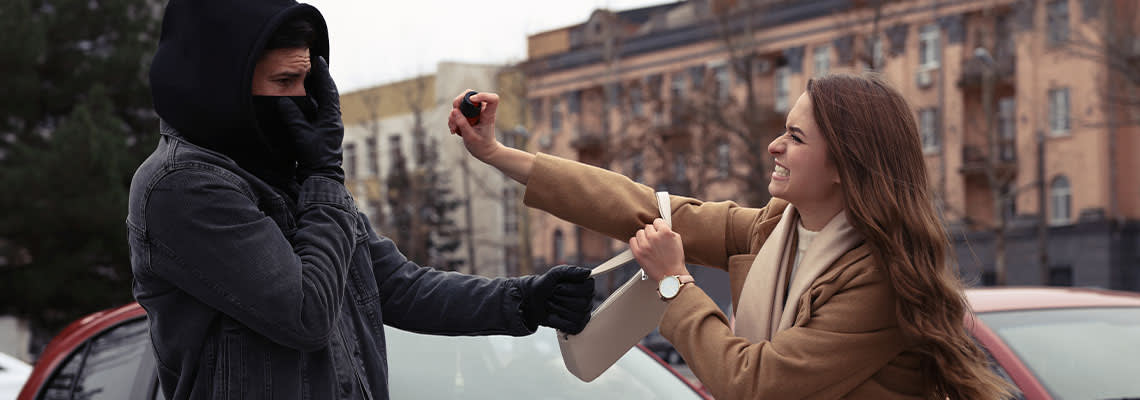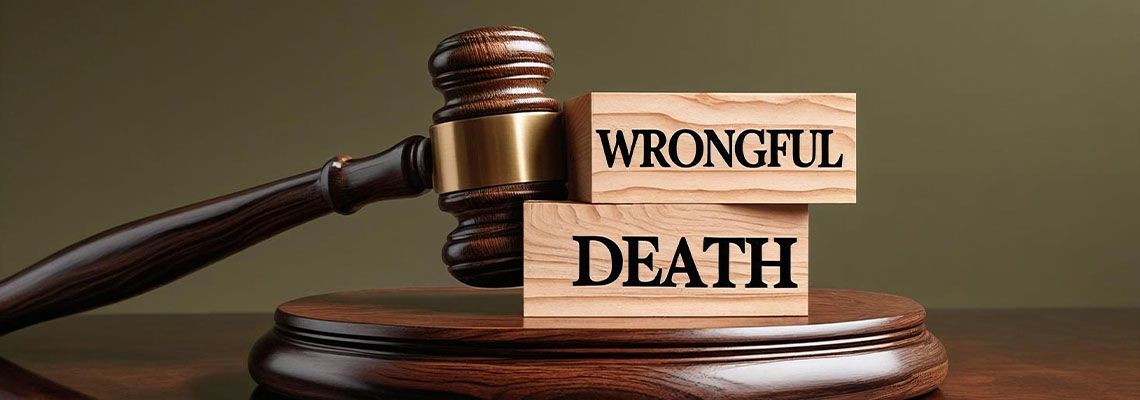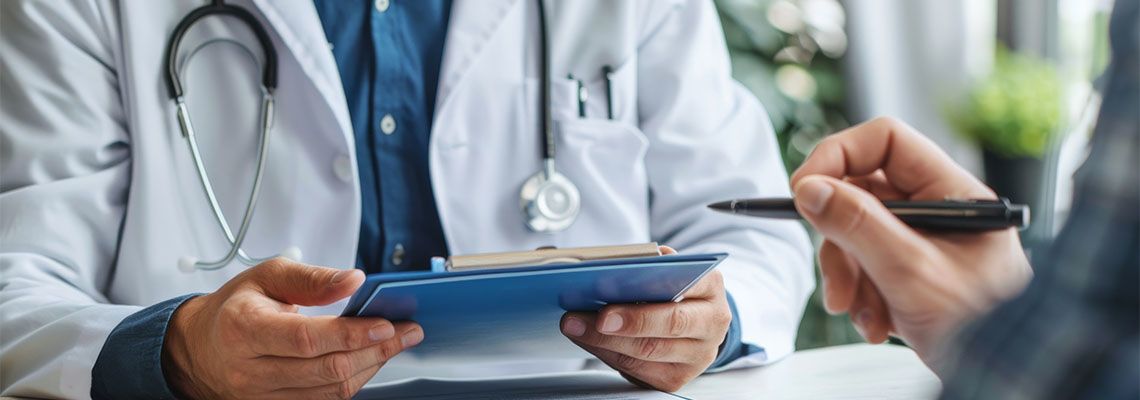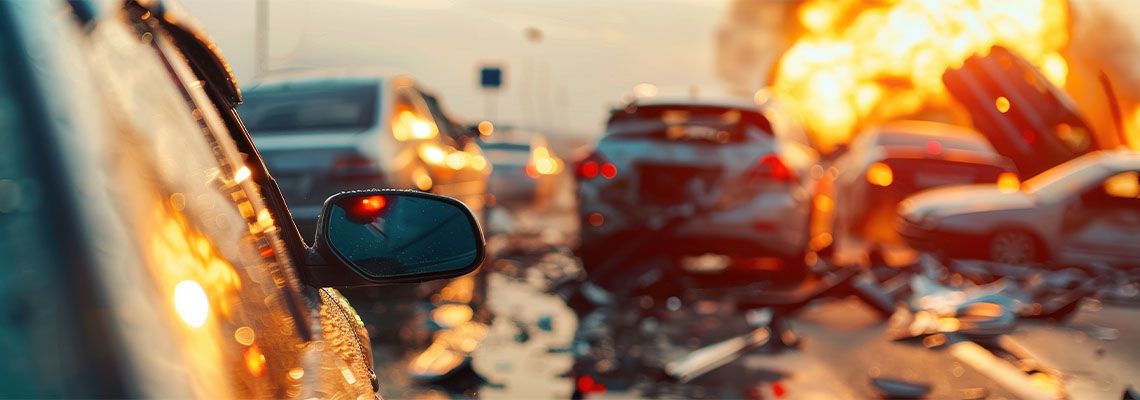Losing a loved one can raise urgent legal questions at the same time you’re trying to manage practical realities. One of the most common points of confusion is who actually has the legal authority to file a wrongful death lawsuit, especially when several family members are grieving and want answers.

What Evidence Supports Self-Defense Claims?
When someone is accused of a violent crime, one of the most powerful defenses available is self-defense. However, claiming self-defense and proving it in a court of law are two different challenges. The burden often falls on the accused to present evidence that they were justified in using force to protect themselves or others.
This is where strategic legal guidance becomes essential. At Forbes Law Firm, we know just how crucial solid, well-documented evidence is when building a successful self-defense case in Hampton Roads, Virginia. With decades of combined experience, we take pride in helping individuals assert their rights and defend their freedom.
What Is the Legal Standard for Self-Defense in Virginia?
In Virginia, self-defense laws allow individuals to use reasonable force to protect themselves from harm. The legal threshold for proving self-defense hinges on two key questions:
Was the accused facing an imminent threat of bodily harm or death?
Was the force used proportional to the perceived threat?
There are two types of self-defense recognized under Virginia law:
Justifiable self-defense: When a person isn’t at fault and uses force to repel an unlawful and immediate threat.
Excusable self-defense: When a person contributes to the conflict but retreats in good faith and uses force only when absolutely necessary.
Understanding the distinction and aligning the facts of the case accordingly is essential to building a successful defense. A seasoned self-defense attorney will examine every detail and nuance to position the accused’s actions within these legal categories.
Virginia courts require that the force used isn’t excessive compared to the threat posed. Deadly force, for instance, may only be used if the person reasonably believes it’s necessary to prevent death or serious bodily injury. Additionally, the duty to retreat can come into play, depending on the specific circumstances.
Types of Evidence That Support a Self-Defense Claim
To prove self-defense, evidence must support the assertion that the accused had a reasonable belief of imminent harm and that their response was justified. Collecting and presenting this evidence effectively is critical to achieving a favorable outcome.
Eyewitness Testimony
Testimony from individuals who saw the incident unfold can play a crucial role. Eyewitnesses may:
Corroborate the accused’s account of being threatened
Describe the aggressor’s behavior
Confirm whether the accused attempted to de-escalate the situation
It’s especially powerful when third-party witnesses—those with no relationship to either party—validate the claim, as their accounts are perceived as impartial and credible. The sooner witnesses are identified and interviewed, the more reliable their testimony tends to be.
Surveillance or Video Footage
Security cameras, dashcams, smartphones, and bodycams are modern-day witnesses that don’t forget or misremember. These recordings can provide direct visual proof of the following:
Who initiated the confrontation
The behavior and body language of both parties
The escalation of the situation
Whether the accused tried to retreat or avoid conflict
A self-defense attorney will act swiftly to secure this footage before it’s erased, overwritten, or rendered inaccessible.
Physical Evidence at the Scene
Physical signs of struggle or violence can corroborate a claim that the accused was attacked. This includes:
Blood, bruising, or visible injuries on the accused
Defensive wounds or torn clothing
Displaced furniture or broken items that suggest a violent altercation
Evidence of weapons used in self-defense or by the aggressor
Preserving and documenting this evidence is a crucial early step in building a solid case. Often, private investigators and forensic specialists may be called upon to gather and interpret this evidence professionally.
Medical Records
If the accused suffered injuries during the altercation, medical documentation becomes essential. Hospital records, EMT reports, photographs of injuries, and physician statements can validate the claim of self-protection. The timing of medical care is also important, as prompt treatment strengthens the credibility of the injuries.
On the flip side, the aggressor’s medical condition may be relevant if it reflects prior violent behavior, intoxication, or signs of combativeness. This medical evidence is crucial for establishing the credibility of the self-defense claim and demonstrating the necessity of the force used.
Prior History of the Aggressor
The accused’s perception of threat is often shaped by prior interactions. If the aggressor has a known history of violence, harassment, or threats, that context matters. Any of the following may come into play:
Arrests or convictions
Protective orders
Witness testimony regarding the aggressor’s behavior
Social media threats or communications
An experienced self-defense attorney knows how to introduce this history without violating evidentiary boundaries.
911 Call Recordings and Police Reports
The moments immediately following a violent encounter often contain vital evidence. 911 calls may capture:
The accused’s tone and state of mind
Background noise, such as yelling, threats, or gunshots
Real-time descriptions of events
Police reports, often created within minutes or hours, provide:
Initial statements from those involved
Observations by responding officers
Scene photographs
Names of witnesses and their contact details
These records serve as foundational pieces of evidence, anchoring the timeline and supporting the assertion of self-defense.
Expert Witness Testimony
Some self-defense cases benefit from the analysis and credibility of experts who can break down more intricate elements for the court. Relevant experts include:
Use-of-force instructors who can discuss tactical decisions
Forensic pathologists who can explain injury patterns
Psychologists who may assess trauma, fear response, and state of mind
Such testimony helps judges and juries understand why the accused acted the way they did under extreme stress.
Consistency and Timing
Even compelling evidence can falter if the accused changes their story or delays asserting their defense. Consistency in statements, from the first police interview to courtroom testimony, adds credibility. Any contradictions will likely be seized upon by the prosecution.
Promptly contacting a self-defense attorney makes sure that your version of events is captured accurately and preserved from the outset. Swift legal action also increases the chances of preserving time-sensitive evidence and securing witness cooperation.
Common Challenges in Self-Defense Cases
Even with strong evidence, self-defense claims face hurdles, especially when:
There are no unbiased witnesses
The accused used a deadly weapon, and the other party did not
The altercation occurred in a private location
The accused has a criminal history or past violent incidents
Public perception is influenced by media or bias
These situations demand careful handling, strategic rebuttals, and meticulous attention to detail. Building a persuasive case requires anticipating and addressing these obstacles directly.
How We Help Build a Strong Self-Defense Case
At Forbes Law Firm, we don’t just gather evidence—we build a story that aligns with both legal standards and human experience. We collaborate closely with our clients to:
Conduct thorough investigations
Create a comprehensive timeline of events
Secure analysis and witness testimony
Prepare our clients for every phase of trial
Our role is to shine a light on the context that justifies your actions. By doing so, we not only defend you—we fight to make sure that your voice is heard and your rights are upheld.
Speak With a Self-Defense Attorney
If you’ve been charged with a crime but believe your actions were taken in self-defense, your side of the story deserves more than a glance—it deserves a thorough and vigorous defense. Contact Forbes Law Firm today to speak with a dedicated defense attorney. The firm offers representation to residents of Hampton, Newport News, and Williamsburg, Virginia, as well as Poquoson County and York County.




